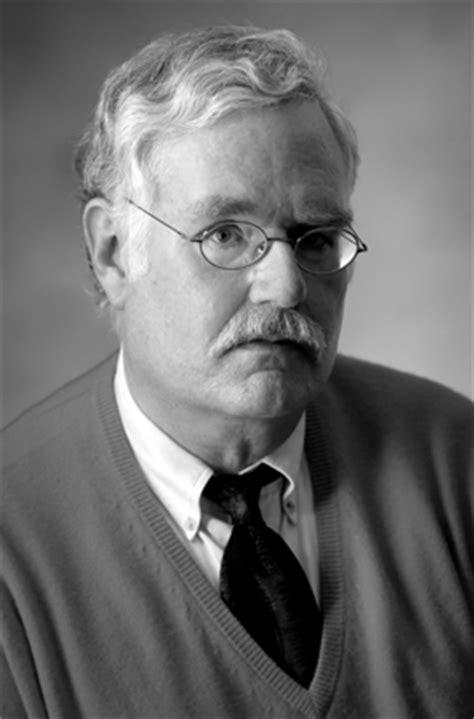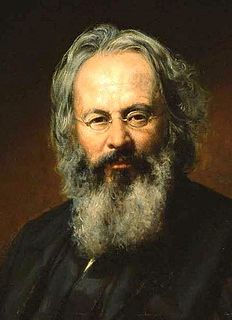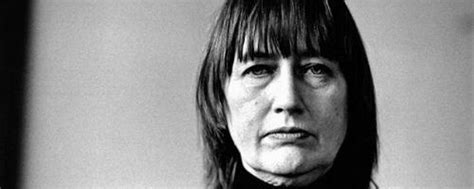A Quote by Frank J. Tipler
Christianity is not a mere religion but an experimentally testable science.
Quote Topics
Related Quotes
Evolution is promoted by its practitioners as more than mere science. Evolution is promulgated as an ideology, a secular religion - a full-fledged alternative to Christianity, with meaning and morality. I am an ardent evolutionist and an ex-Christian, but I must admit that in this one complaint - ...and Mr. Gish is but one of many to make it - the literalists are absolutely right. Evolution is a religion. This was true of evolution in the beginning, and it is true of evolution today.
Kant's aim was to develop a religion within the boundaries of mere reason (that is, reason unaided by special empirical revelation) and then to ask about existing ecclesiastical faith (especially about Christianity, and the Lutheran Christianity of his time and place) how this revealed faith must be interpreted if it is to be reconciled with reason, and even seen as a wider (though morally optional) extension of a religion of reason.
Good science requires distinguishing between "felt knowledge" and knowledge arising out of testable observations. "I am sure" is a mental sensation, not a testable conclusion. Put hunches, gut feelings, and intuitions into the suggestion box. Let empiric methods shake out the good from bad suggestions.
You see, it's been our misfortune to have the wrong religion. Why didn't we have the religion of the Japanese, who regard sacrifice for the Fatherland as the highest good? The Mohammedan religion [Islam] too would have been more compatible to us than Christianity. Why did it have to be Christianity with its meekness and flabbiness?
The great object was to get rid of Christianity, and to convert our churches into halls of science. The plan was not to make open attacks on religion, although we might the clergy and bring them into contempt where we could: but to establish a system of state - we said national - schools, from which all religion was to be excluded.
But when we reduce sex to a function, we also invoke the idea of dysfunction. We are no longer talking about the art of sex; rather, we are talking about the mechanics of sex. Science has replaced religion as the authority; and science is a more formidable arbiter. Medicine knows how to scare even those who scoff at religion. Compared with a diagnosis, what's a mere sin? We used to moralize; today we normalize, and performance anxiety is the secular version of our old religious guilt.
Christianity is not a religion. Christianity is the proclamation of the end of religion, not of a new religion, or even of the best of all religions. If the cross is the sign of anything, it's the sign that God has gone out of the religion business and solved all of the world's problems without requiring a single human being to do a single religious thing. What the cross is actually a sign of is the fact that religion can't do a thing about the world's problems - that it never did work and it never will
Science has only two things to contribute to religion: an analysis of the evolutionary, cultural, and psychological basis for believing things that aren't true, and a scientific disproof of some of faith's claims (e.g., Adam and Eve, the Great Flood). Religion has nothing to contribute to science, and science is best off staying as far away from faith as possible. The "constructive dialogue" between science and faith is, in reality, a destructive monologue, with science making all the good points, tearing down religion in the process.




































